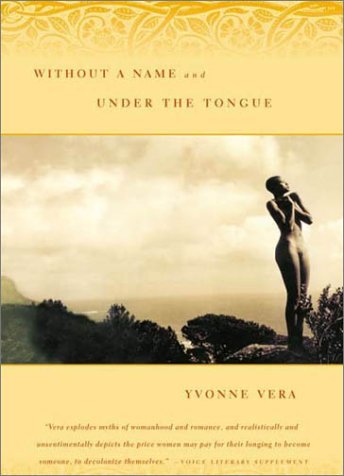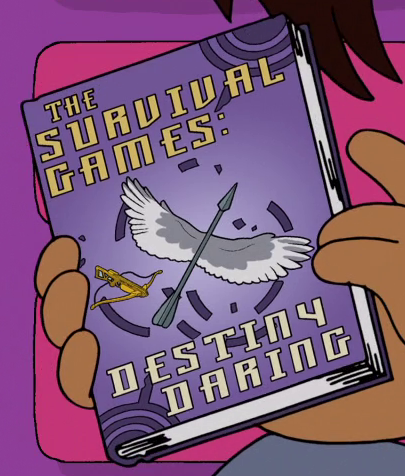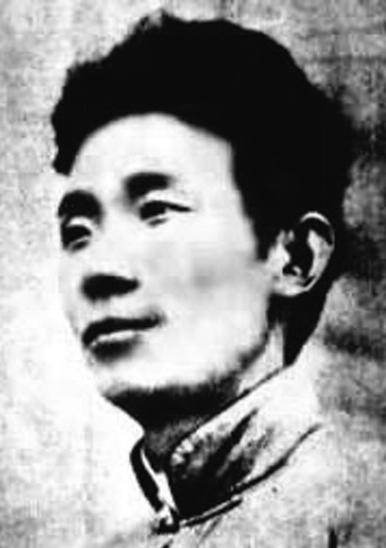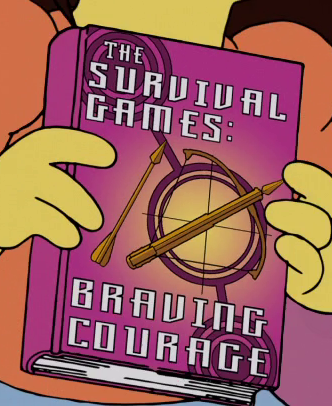Hello readers, I´m in New York right now! And just finished one major course at the university, with another course coming to an end (meaning lots and lots of time consumed by studying for the exam). So since I have quite little time, I would like to just briefly recommend some films, Tv series and Graphic novels. During this month I can say that a post on the Adult swim television series “Rick and Morty” will be posted soon enough, and a discussion about a “My Little Pony: Friendship Is Magic” episode is due this month as well. So stay tuned, and check out some of the stuff mentioned below.
The film “Martha Marcy May Marlene” is an excellent character study as well as a psychological thriller. It tells the story of a young girl who struggles with reuniting with her sister after escaping a cult. It´s directed by Sean Durkin and stars Elizabeth Olson, who does an excellent job depicting the complexities of being brainwashed, as well as how painful it can be in the battle of freeing oneself from the oppressions of authoritarian control. John Hawkes (known mostly by his roles in “Deadwood” and “Winter´s Bone”) is shockingly creepy as the cults charismatic leader. “Martha Marcy May Marlene” is also a riveting depiction of systematic sexual abuse and oppression of women. The cult has extremely old fashioned views on gender, and therefore rape is used as a form of getting the newly recruited women to submit. Martha, the films protagonist, not only undergoes such abuse herself but is also shown drugging another girl during such rituals. It´s disturbing, but unfortunately feels like an honest account of how different forms of groups and societies control women. The film easily passes the Bechdel test, and has a heart-breaking depiction of Martha´s relationship to her sister. Martha´s sister tries to understand and support her, but it´s a difficult situation. Few films have such an honest depiction of family: showing events of the interpersonal which even the most loving family members are not able to control nor come to grips with. It´s an unsettling, moving and tragic watch, and it´s a guarantee that once you´ve seen the film you´ll never forget it.
“The Snows of Kilimanjaro” is a 2011 French film that has nearly nothing to do with Ernest Hemingway. Despite the name being a little misleading, this film is a thought-provoking, political piece that is neither simplistic nor preachy. Directed by Robert Guédiguian, the film spins the tale of an elderly couple who are life-long Marxists and who, once they find themselves the victims of a robbery, are forced to question not only their ideologies but also themselves. The film unravels the robber’s story, the thief’s mother, the aforementioned couple and the couple’s children – with all of the characters attempting to come to terms with their feelings, thoughts, and views on the situation. The director cleverly gives each character reasonable arguments. The thief points out that despite the couples avowed Marxism, they still exist in the sphere of the privileged due to their class and that what they may consider fair is not always fair for someone else. The robber’s mother (who has abandoned all of her three children, forcing the thief to become the sole provider for his two underage brothers) points out that it was her boyfriends (the robber and his brothers have two different fathers) who pressured her into having children and then promptly abandoned her after the children were born. The film also attempts to convey how little acts of kindness can at times solve huge problems. A smart film well worth watching!
“Daddy´s Girl” by Debbie Drechler is a very nauseating, but powerful graphic memoir. When Ms. Drechler was a child, she was reputably molested by her father. This would later reflect in her relationships in college, where she undergoes a rape and isolation from her peers. The comic is short, but honest in its brutality and melancholy. Dreschler shows the many layers and forms of abuse, and how they intertwine with each other. It is filled with gut wrenching scenes such as when Debbie wonders if she is a horrible person, since god allows her father to molest her and if her mother is so distant to her due to her father’s abuse. Even more unsettlingly, the comics end is left open, making the reading experience even more a disturbing endeavor. It´s fairly harsh, but definitely worth the read.
This recommendation is no doubt cliché, and therefore I´ll keep this extra short. I was first not sure whether I should or shouldn’t watch “Breaking Bad”, but finally caved in and have loved every minute of watching the first four seasons (fifth season still unseen). It follows a chemistry teacher named Walter White, who in order to pay for his cancer treatments takes up with his former student Jesse to cook Crystal Meth. The writing is tight, the acting superb and the comedic moments (bloody) hilarious. One of the best acting performances was done by Giancarlo Esposito, who plays the drug kingpin and Walters temporary boss Gustavo “Gus” Fring. Gus´ calm and collected demeanor is eerie yet fascinating, and as he switches between playing nice to ruthlessly violence one is reminded of such works as “American Psycho”. Gus has also an interesting back-story and motivations, which the show did an excellent job building up. “Breaking Bad” has also done one of the funniest bottle episodes, where Walt obsesses over killing a fly. Great series!
That’s about it for now. Happy Watching and reading!





















“I Am Not A Witch”: Review!
“I Am Not A Witch” (2017) is a Zambian film that mixes magic realism with biting social commentary. For those interested in dipping their toes into African Cinema, I highly recommend!
With Love/ Maaretta